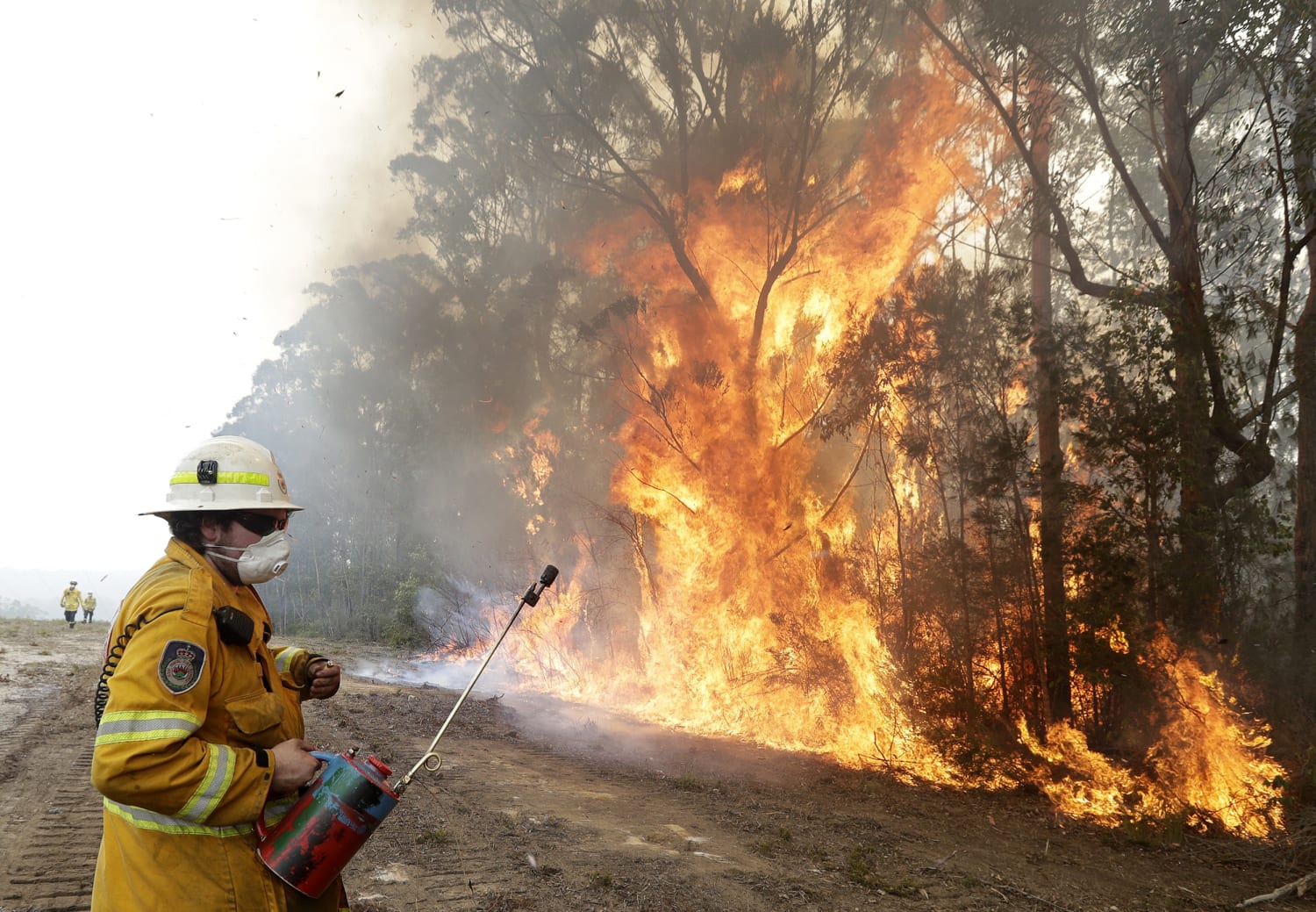In last month’s election, Anthony Albanese’s Labor won a thin majority in the House of Representatives, but will probably have to negotiate to get their agenda through the Senate.
Nearly a month after the 22 May poll, the Australian Electoral Commission declared the Senate results in New South Wales, Victoria, and Western Australia on Monday after gradually confirming successful senators in other states in recent days. The final results have given Labor just 26 of the 76 seats in the Senate, short of the 39 votes the government needs for a majority.
The Senate crossbench has grown to 18 seats, with three new members of the Greens, new faces from the Jacqui Lambie Network and United Australia party, and former rugby star David Pocock all joining the upper house.
The Labor government will need the support of 13 members of either the crossbench or the Coalition opposition to pass legislation in the Senate after the final results for the upper house were confirmed on Monday.
What are the numbers?
There were 40 Senate seats up for grabs in 2022, six of the 12 seats in each state and both in the territories. The AEC has confirmed that Labor won 15, the Coalition won 15, and the Greens won six. One seat each was won by One Nation’s Pauline Hanson, United Australia party’s Ralph Babet, the Jacqui Lambie Network’s Tammy Tyrrell, and independent Pocock.

Thirty-six senators are continuing from the last parliament, having been elected to a six-year term in 2019; 11 from Labor, 17 from the Coalition, six from the Greens, plus Jacqui Lambie and One Nation’s Malcolm Roberts.
It will take the final Senate makeup to 26 from Labor, 32 from the Coalition, 12 from the Greens, and six more on the crossbench (two from JLN, two from One Nation, Pocock, and Babet).
Labor has the same number of seats it held in 2019, while the Coalition has gone backward by four. The Greens have picked up three more.
What does that mean for legislation?
In short, it means Labor will probably have to negotiate the legislation it wants to pass. Labor would need the support of all 12 Greens, plus at least one more from the crossbench, to pass laws in the Senate; or, alternately, the help of the Coalition.
The Greens leader, Adam Bandt, has expressed optimism that the 47th parliament “could be one of the most progressive parliaments Australia’s seen so far”. The Greens campaigned hard to get their party into the balance of power in the upper house and expanded their presence from nine senators to 12.
Bandt has already criticized Albanese for issuing a “take it or leave it” ultimatum on climate policy, urging Labor to negotiate its 43% emissions reduction policy.
Who’s in?
There are several new faces in the 2022 Senate class.
Much of the attention around new senators have gone to the diverse crossbench. Former rugby union star Pocock won a historic victory in the Australian Capital Territory, taking the seat formerly occupied by Liberal minister Zed Seselja. In Victoria, the UAP finally claimed a seat after two federal elections and $180m, with real estate agent Babet winning the election.
In Tasmania, Tyrrell doubles Lambie’s Canberra presence, while Hanson held on after a nervous wait to see if she or former Liberal minister Amanda Stoker would take a Queensland seat.
There are some fresh faces in the larger parties too. David Shoebridge of the Greens moves from state parliament in NSW to the federal Senate, while former Nationals NSW state director Ross Cadell will also join the upper house.
Penny Allman-Payne bolsters the Greens in Queensland, while Barbara Pocock (no relation to David) does the same in South Australia.
Sign up to receive the top stories from Guardian Australia every morning
Conservative firebrand Jacinta Price, well-known to Sky News viewers, will represent the Country Liberals in the Northern Territory. Kerrynne Liddle joins the Liberals in South Australia as the state’s first Indigenous senator.
Fatima Payman, aged 27, arrived in Australia as a refugee from Afghanistan. She was elected for Labor in Western Australia. Victorian Labor senator Jana Stewart, appointed after Kimberley Kitching’s death, was elected in her own right for the first time. Linda White also joins Labor’s Senate ranks in Victoria.
Who’s out?
Former Coalition ministers Stoker, Seselja, and Eric Abetz were unsuccessful in their bids for re-election, as was Victorian senator Greg Mirabella. In South Australia, former Centre Alliance members Rex Patrick and Stirling Griff were not returned to the Senate.
Sam McMahon, who switched to the Liberal Democrats after missing out on Liberal preselection in the NT, was also unsuccessful.
Labor veteran Kim Carr chose not to re-contest the Senate race, while Liberal Concetta Fierravanti-Wells was not preselected on her party’s ticket.
Kristina Keneally quit the Senate to run, unsuccessfully, for the seat of Fowler.
What next?
The senators in the ACT and NT have taken up their new positions, with Pocock already settling into his office.
Senators for the other states remain in their positions, officially, until 30 June.
Parliament will return on 26 July.











